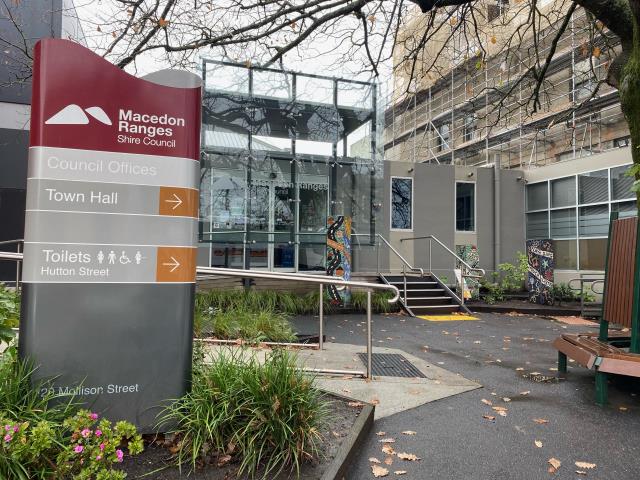Elsie Lange
In response to a new report finding Australian women have less labour force engagement, lower income and poorer health than men, Macedon Ranges council said it wanted to “lead by example”.
The Monash University-led report, the Australian Women’s Health and Wellbeing Scorecard: Towards equity for women, found it will take 70 years to “reach full time employment equality with men, and more than 200 years to reach income equity”.
“Women’s labour force absence alone cost $72 billion in lost GDP annually, driving health inequities and deterioration, prompting calls for urgent action,” Monash University said.
Macedon Ranges mayor Annette Death said Australia “still has much to do” towards improving gender equality, but highlighted the steps council was taking to address the issue.
“Council is a large local employer, delivering almost 100 services to the community, and is well placed to promote gender equality,” councillor Death said.
“Council has been proactive in this space through the endorsement of its Gender Equality Action Plan 2022-2025, which aims to address gender and intersectional equality and make Macedon Ranges council a workplace of choice.
“We also need to lead by example… we have four female councillors and three out of four directors in Council’s Executive Leadership Group are women. We aim to be a positive example to younger women who aspire towards leadership roles.”
The Monash Centre for Health Research and Implementation (MCHRI) will release the equity scorecard annually.
MCHRI Women’s Economics and Value Based Care Unit lead Associate Professor Emily Callander, and MCHRI Director Professor Helena Teede, report authors, said the report confirmed that women were “failing to make progress in terms of health, well-being and equity”.
“Poor health is known to reduce income; and low income is known to increase risk of poor health creating a cycle of disadvantage for Australian women, with impact on women from diverse backgrounds even greater,” Professor Teede said.
“Poor health, low income and absence from the labour force comes at enormous cost, presenting a key barrier to future prosperity.
“Women disproportionately have lower income, and less engagement in the labour force, which drives poorer health, even in a high-income country like Australia.”







